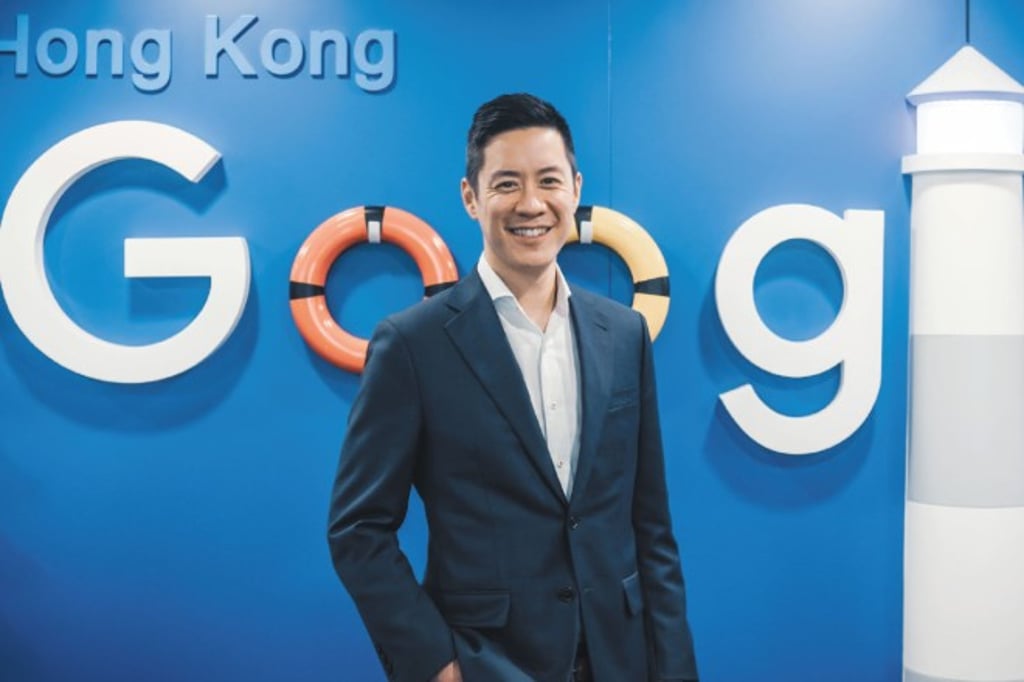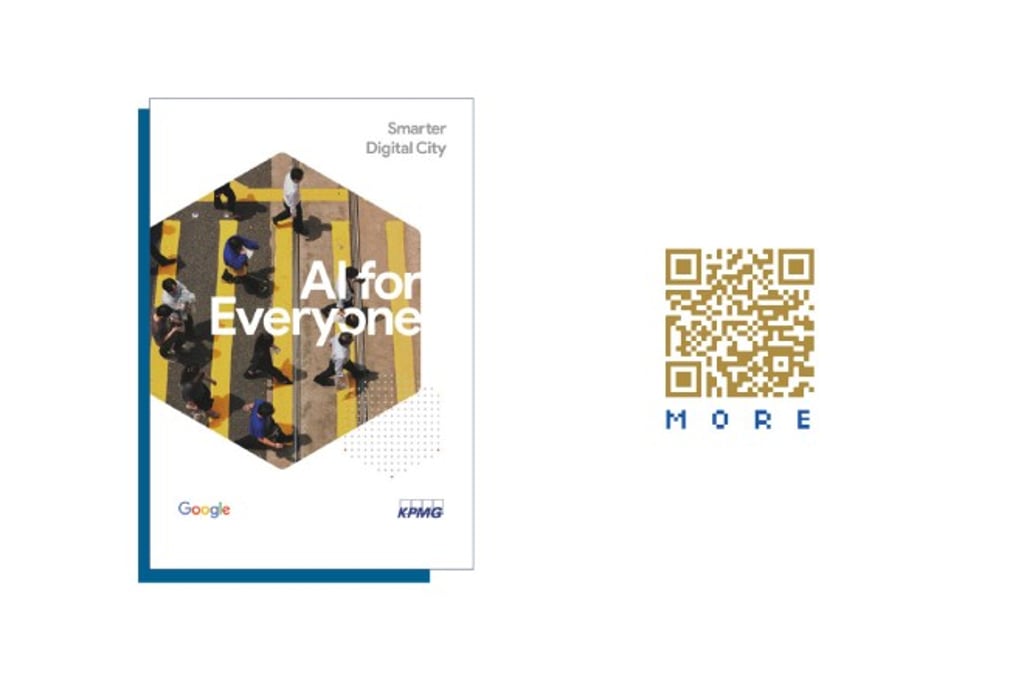Meeting the Need
Digital technology is not a “nice-to-have” thing today and data is not something that sits in a silo, says Michael YUE, General Manager of Sales and Operations at Google Hong Kong.

[Sponsored Article]
When it comes to the future of data and technology, it is really up to businesses and individuals to decide how they want to apply data to solve their problems or create new user experiences, says Michael Yue, Google’s General Manager of Sales and Operations in Hong Kong.
The COVID-19 pandemic has forced organizations to accelerate their strategies and adoption of digital technology, Yue says. Digital technology used to be regarded as something that was nice to have, but now it is a must-have. For this reason, organizations must realize that data can no longer operate in silos, and as at Google, companies must look at how they can break down the data silos and use them to their advantage.
“When we look at collaboration across Google, it’s how we bring all data together, how we break down the silos of data that will hopefully improve strategy and bring better opportunities for businesses and employees to connect,” Yue says. Data is not something that sits in a silo, it is a critical element of all aspects of a business, Yue notes.
For small and medium enterprises (SMEs), Yue refers to Google Hong Kong’s Smarter Digital City initiative. This initiative includes research that took place between 2017 and 2020 and explored how Hong Kong could become a smarter digital city and accelerate its digital transformation. The research highlights that the ability to demonstrate impact and Return on Investment (ROI) early on, with insights from data, can be critical towards the success of a business.
Digital Transformation Journey
Yue says that data plays a critical role when it comes to driving businesses and creating value. Citing some case studies, businesses could use analytics software to drive more efficient marketing, or look at the global supply chain to see what the constraints are, he says. They could use data to predict what inventory to stock in the future, for example. “Organizations that piece it all together can add really great value to their businesses,” he says.
Yue says that companies must think about the business challenges they are facing and see how data can become insights and inform companies about the best possible solutions. “For data to bring value to businesses, they need to be very clear about what business challenges they want to solve with the data. They need to apply that knowledge to drive business value,” he says. Digital transformation is a journey, and Yue says that all companies need to think about the innovation that data can provide, along with using it to solve existing problems. “Businesses can take innovative approaches to the ways they use their data,” he says.
Google is at the forefront of innovation, and Yue firmly believes that technology can help improve the lives of citizens. Data to him is about insights, and insights can help a business to grow. “I believe organizations can start by connecting the dots. I think that one of the great things that Google does is connect the dots internally within our organization,” he says.
Yue says that a bright future awaits those who want to pursue a career in data analytics, especially for those who can connect the dots and understand how to draw insight from data to learn new things. “That’s a powerful combination,” Yue says.
Yue cautions that companies need to take due care when it comes to issues of privacy and security. “When people use our products, they are trusting us to protect their privacy and security,” he says. “I encourage all businesses to do the same. You must create a good experience for the user and build trust. That way, I believe you will bring long term sustained value.”
Talent is a Challenge
Looking into the future, Yue says that the outlook for data use is bright, and digital transformation can be whatever companies want to make of it. But for now, the best approach for companies is to put the right talent in place if they plan to harness the power of data.
According to the Smart City Digital research findings, talent continues to be one of the challenges that businesses will face when they drive digital transformations and acceleration. Talent supply should come from both reskilling and upskilling in-house, as well as from education.
“The role of the educator is to continue to inspire curiosity,” says Yue. Both the private and public sector should join forces to create learning environments that foster agility. Students can build new digital skills through practical applications, and complement those with great experiences, he notes.
Yue says that digital transformation must stem from positive role modelling. He extols the virtues of reverse mentoring – where executives can learn from a junior – calling it a powerful tool that can create a positive learning culture.


Digitize Hong Kong for Good
The pandemic has triggered an immense increase in digital solutions and game-changing moments for both private and public sectors to rethink and reset the journey ahead. Overall, both residents and businesses recognize the value of technology and products powered by artificial intelligence (AI), according to Google Hong Kong’s Smarter Digital City research findings.
- The latest economic impact report by AlphaBeta, commissioned by Google, shows that if leveraged fully, digital technologies could create an annual economic value of HK$387 billion (US$50 billion) by 2030. To put this in perspective, this is equivalent to two-thirds of the annual economic value-add of the city’s financial services industry today.
- If the pace of its digital skilling efforts is accelerated over the next decade, the smarter workforce with digital skills can contribute up to a fifth of the city’s GDP in 2030. Building data capabilities across the business helps make smarter strategic decisions, while bridging the knowledge and talent gaps bring long-term success.
- Equally important, both private and public sector shall join hands to promote trust in technology for good, embrace new security models and modernize their approach to protect user privacy, as well as help people understand how their data is being used and how to manage their digital footprint.